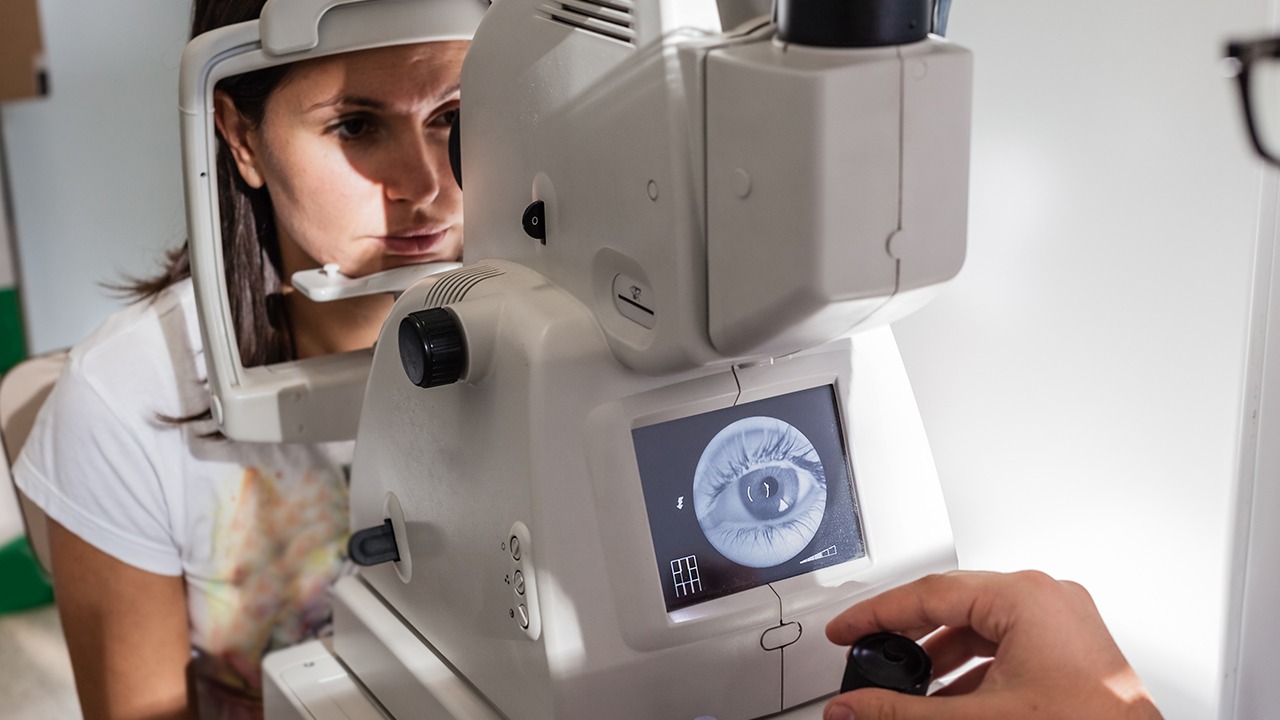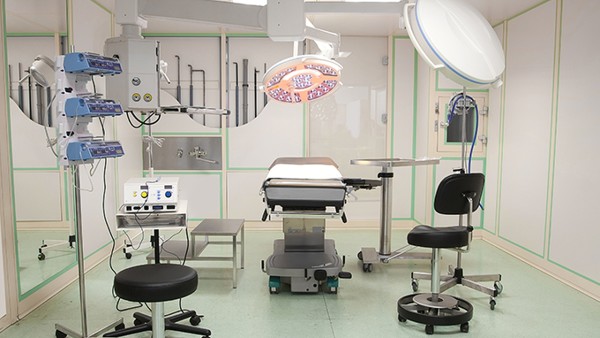Women who are too thin or too fat will affect pregnancy

Being underweight or overweight can affect your pregnancy
Being underweight or overweight can affect your pregnancy in a number of ways.
Underweight women are at an increased risk for:
Preterm birth
Low birth weight babies
Anemia
Postpartum hemorrhage
Infection
Depression
Overweight and obese women are at an increased risk for:
Gestational diabetes
Preeclampsia
C-section
Macrosomia (large baby)
Birth defects
Stillbirth
What is a healthy weight for pregnancy?
The ideal weight gain during pregnancy is 25 to 35 pounds for women who are of normal weight before pregnancy. Women who are underweight should gain more weight, and women who are overweight should gain less weight.
Your doctor will help you determine what is a healthy weight gain for you based on your pre-pregnancy weight, height, and activity level.
How can I gain a healthy weight during pregnancy?
If you are underweight, you will need to eat more calories to gain weight. Choose healthy foods from all food groups, and make sure to get enough protein, calcium, and iron.
If you are overweight, you will need to eat fewer calories to lose weight. Choose healthy foods from all food groups, and limit your intake of processed foods, sugary drinks, and unhealthy fats.
Here are some tips for gaining a healthy weight during pregnancy:
Eat three balanced meals per day, and add healthy snacks throughout the day.
Choose nutrient-rich foods from all food groups.
Get regular exercise, such as walking, swimming, or yoga.
Drink plenty of water.
Avoid sugary drinks and processed foods.
Limit your intake of unhealthy fats.
Talk to your doctor about prenatal vitamins and supplements.
What are the risks of being underweight or overweight during pregnancy?
Underweight women are at an increased risk for:
Preterm birth: Babies born before 37 weeks gestation are at an increased risk for health problems, such as respiratory problems, feeding difficulties, and developmental delays.
Low birth weight babies: Babies who weigh less than 5 pounds 8 ounces at birth are at an increased risk for health problems, such as respiratory problems, feeding difficulties, and developmental delays.
Anemia: Anemia is a condition in which the body does not have enough healthy red blood cells. Anemia can cause fatigue, shortness of breath, and lightheadedness.
Postpartum hemorrhage: Postpartum hemorrhage is a condition in which a woman loses too much blood after giving birth.
Infection: Underweight women are at an increased risk for infection because their immune systems are not as strong as healthy women.
Depression: Underweight women are at an increased risk for depression because they may have low self-esteem and body image issues.
Overweight and obese women are at an increased risk for:
Gestational diabetes: Gestational diabetes is a type of diabetes that develops during pregnancy. Gestational diabetes can cause high blood sugar levels, which can lead to problems for the mother and baby.
Preeclampsia: Preeclampsia is a condition that develops during pregnancy and is characterized by high blood pressure and protein in the urine. Preeclampsia can lead to serious problems for the mother and baby, including premature birth, low birth weight, and even death.
C-section: Overweight and obese women are more likely to have a C-section because they may have a difficult time delivering vaginally.
Macrosomia (large baby): Macrosomia is a condition in which a baby is born weighing more than 8 pounds 13 ounces. Macrosomia can lead to problems during delivery, such as shoulder dystocia and perineal tears.
Birth defects: Overweight and obese women are at an increased risk for having babies with birth defects, such as neural tube defects and heart defects.
Stillbirth: Stillbirth is the death of a baby before birth. Overweight and obese women are at an increased risk for stillbirth because they may have problems with the placenta and umbilical cord.
How can I reduce my risks?
If you are underweight, you can reduce your risks by:
Eating a healthy diet and gaining weight
Taking prenatal vitamins and supplements
Getting regular exercise
Avoiding smoking and alcohol
Managing stress
If you are overweight or obese, you can reduce your risks by:
Eating a healthy diet and losing weight
Taking prenatal vitamins and supplements
Getting regular exercise
Avoiding smoking and alcohol
Managing stress
If you are underweight or overweight, it is important to talk to your doctor about the risks and how you can reduce them.
The above is all the content that the editor wants to share with you. I sincerely hope that these contents can bring some help to your life and health, and I also wish that your life will be happier and happier.
Topic: #too #thin #are














